Mental Benefits of Planning a Vacation During a Crisis
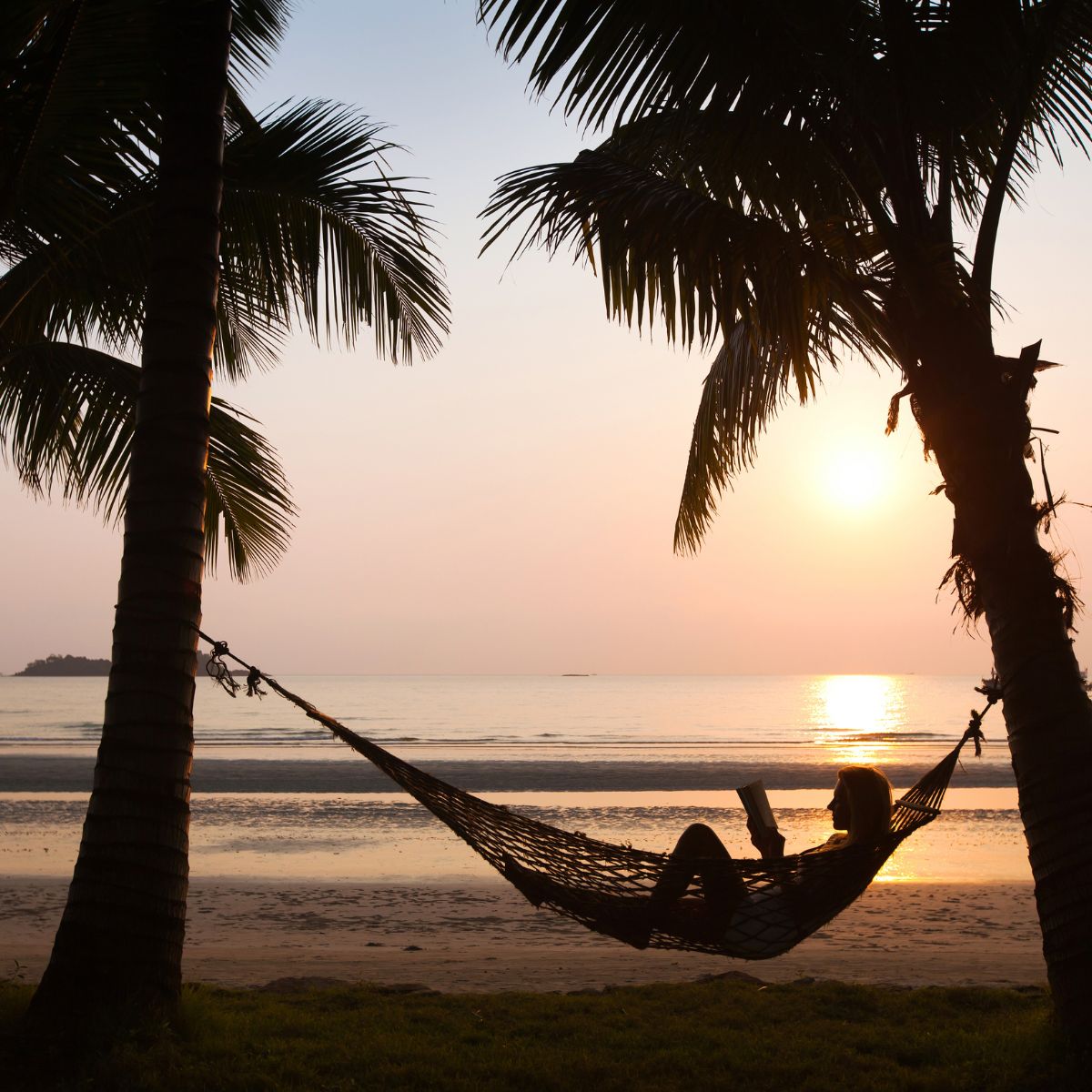
Practical Ideas for Using Vacation Planning as a Way to Mentally Escape.
For many people, one of the most enjoyable parts of taking a vacation is the planning. That’s the point where we get to dream, create and escape to our heart’s content. All very healthy ways to boost our level of joy anytime, but especially during a crisis. During our current situation, many of us have had to cancel long-awaited travel plans or at the very least, put them on hold. While it may seem counterintuitive at this point, thinking about those plans in a hopeful way or starting to envision new ones may be one of the healthiest things that you could be doing for yourself right now. In fact, there are many mental benefits of planning a vacation during a crisis and some practical ideas for how to use this process as a way to boost your mood and escape to happiness.
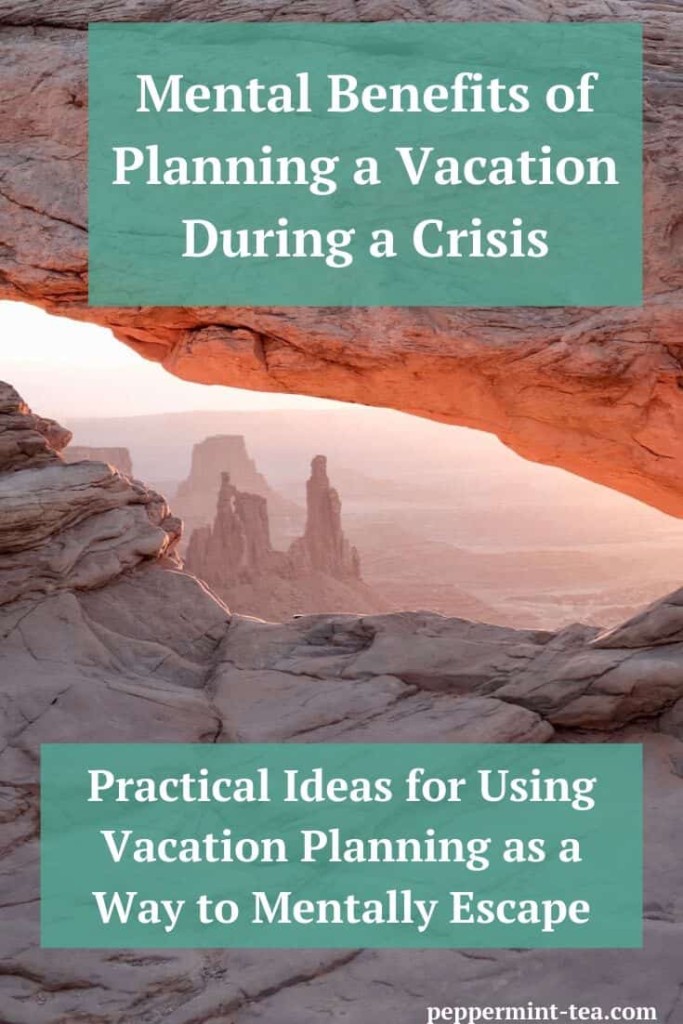
Planning a Vacation Boosts Happiness Anytime
Even during so-called “normal” times, planning a vacation is a proven way to boost happiness, with the enjoyment starting weeks or even months ahead of time1. A report in the journal Psychological Science shows that “Waiting for an experience tends to be more pleasurable and exciting than waiting to receive a material good2.”
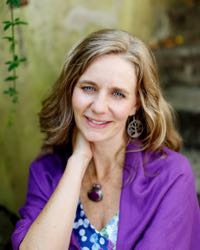
Another vacation planning-related study, this one focusing on UK tourists, was published in the Journal of Vacation Marketing. It found that “Those who are waiting to go on a holiday are much happier with their life as a whole, experience less negative or unpleasant feelings and thus enjoy an overall net positive effect or pleasant feelings.” Transpersonal therapist Dr. Shannon South, LPC, ThD, told me that she wholeheartedly agrees. “It’s very stabilizing to the nervous system to have something that we’re excited about. I think it connects us to our more creative, joyful self.”
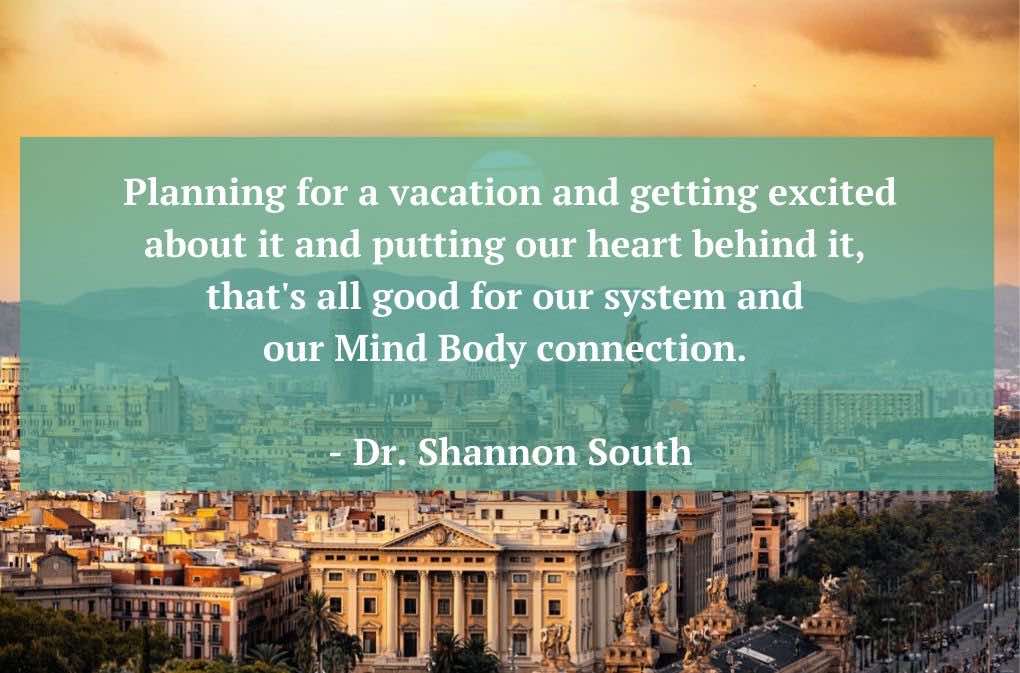
Why Planning a Vacation Can be Used as a Mental Escape During a Crisis
Finding ways to connect with that joyful part of ourselves is key during a crisis. We can’t sugarcoat or simply overlook whatever it is that’s going on but finding things to look forward to helps to prevent us from getting stuck in negative feelings or emotions. It gives us an escape.
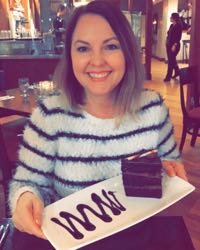
That’s where planning a vacation, no matter how far in the future or if it’s an unknown travel date, comes in. Sonja Hoyt is a travel writer from over at The Happy Travel Bug. She says that even though she has had several big trips cancelled because of our current crisis, being able to look forward to future trips is a source of hope for her.
According to Dr. Shannon, planning for something good that we want to happen in the future is a strategy we can all call upon during any crisis to use as a source of hope. Planning a vacation and the resulting sense of anticipation is a way to stay creative and hopeful and gives our brain a bit of a boost. “Like a little vitamin or antidepressant image.”
Dr. Shannon says that when we’re constantly bombarded with negative images, news and information, “It’s important to have positive images that we have in our subconscious and in our mind.” They can be a resource to us during stressful times when we’re seeing and hearing the same things over and over again. “We need that positive stimulation. We need that drive. It stimulates us on a different level when we have things to look forward to.”
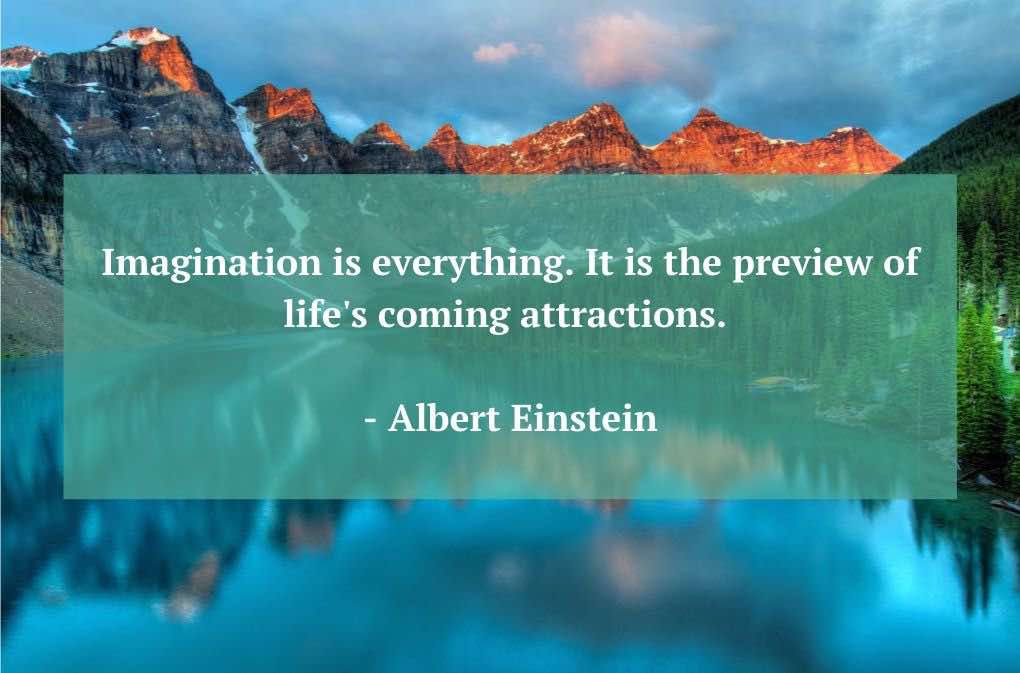
Practical Ideas for Using Vacation Planning as a Way to Mentally Escape
We now know that we can use planning for a vacation as a way to mentally escape and give our body what Dr. Shannon calls “joy hormones,” but how exactly do we do that in practical ways? Here are some suggestions from our experts.
Create a vision board
Shannon says that when we give our subconscious mind positive images, it helps to “rewire our system for joy.” It’s good to have pictures of wherever it is that you want to go and whatever it is that you want to do there. Whether it’s a family sitting around a fire if you like to camp, bikers biking through the woods, or sitting on the beach, any image that resonates with you will help to increase serotonin and dopamine levels which will boost happiness and motivation.
Learn all about your ideal destination
Sonja says this is one of her favorite parts of planning a trip. She says that many people go somewhere and don’t really know all that the place has to offer because they haven’t done their research. They don’t really know about the culture, history or natural beauty of their destination. If there was ever a time to do this type of research, it’s during a crisis. When you’re having a low moment, take time out to watch a video about your place. If you’re feeling okay but have a few minutes to spare, read about your destination to keep those positive thoughts coming.
Plan all the details
Shannon says that “the more details we plan about our future vacation the better because then we really get into it and the more senses we get engaged.”
Sonja recommends doing online research to help you think about the following:
- What types of activities do you want to do? Are there museums, shops, hiking, historical excursions, outside adventures, etc. that fit your family’s interests? Let everyone involved pick one thing that they really want to do, and everybody learns about that activity.
- Where do you want to stay? Do you want to camp, rent an apartment or house, stay in a luxury lodge or stay in a central location for everything that you want to do?
- How will you get around? Do you want to rent a car, travel by train, rely on taxis, limit your activities to walking distance or a combination of all of the above?
- What will you eat? Learn about the local cuisine and the most authentic dining options for different types of scenarios such as picnics, informal and formal meals. If you’re thinking about renting an apartment or house, think about whether you want to cook some for yourself or eat out all of the time.
If you’re traveling to a different country, learn a few phrases in that language
Sonja says that this can be as extensive or as simple as you want. If immersing yourself in a language provides a welcome distraction for you, then by all means, go for it. If learning just a few key phrases is enough to help you get a feel for the destination, that’s fine as well.
Cook an authentic meal to reflect your destination
With the help of the internet, recipes that reflect many different cultures and cuisines are available at your fingertips. You can also decorate your table or dining area to represent your destination.
Watch a movie that is set in or depicts life in your ideal destination
This is an effortless way of putting yourself somewhere else without having to leave your current location.
Sonja says that if you even do just some of these things, when the time comes to actually make your reservations, you’re going to be so knowledgeable and prepared that it will probably be the best trip of your life. And best yet, you will have used these strategies to help get you through this and any other crisis with a more positive outlook and healthier mental wellbeing. Dr. Shannon believes that this isn’t tricking the system. It’s nurturing the system. “It’s a way to nurture ourselves when we can’t actually be on vacation right this moment.”
Lean on Your Community
Has the current or any other crisis caused you to change travel plans that you had been looking forward to? If so, feel free to let us know in the comments below how you’re coping with that? If you use planning a vacation as a way to boost your mental wellbeing, let us know that as well – what your ideal destination is and which strategies you used. We can all get ideas and inspiration from each other.
Sources:
- Nawijn, J., Marchand, M.A., Veenhoven, R. et al.Vacationers Happier, but Most not Happier After a Holiday. Applied Research Quality Life 5, 35–47 (2010). https://doi.org/10.1007/s11482-009-9091-9
- Kumar, Amit; Killingsworth, Matthew A.; Gilovich, Thomas. Waiting for Merlot: Anticipatory Consumption of Experiential and Material Purchases. Psychological Science. https://journals.sagepub.com/doi/abs/10.1177/0956797614546556
- Gilbert, David; Abdullah, Junaida. A Study of the Impact of the Expectation of a Holiday on an Individual’s Sense of Well-Being. Journal of Vacation Marketing. 2002. https://journals.sagepub.com/doi/abs/10.1177/135676670200800406
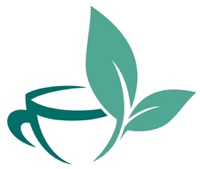
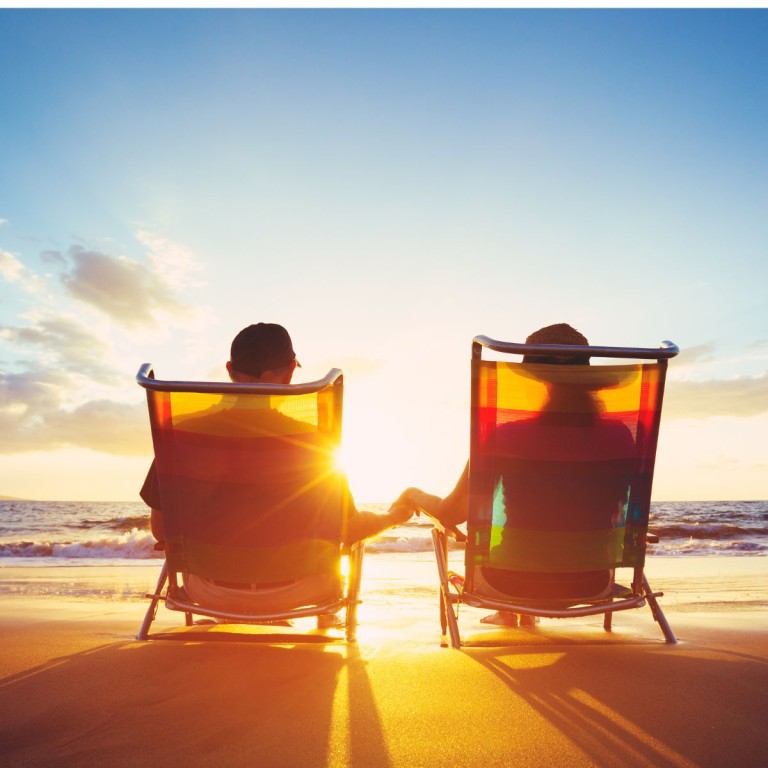
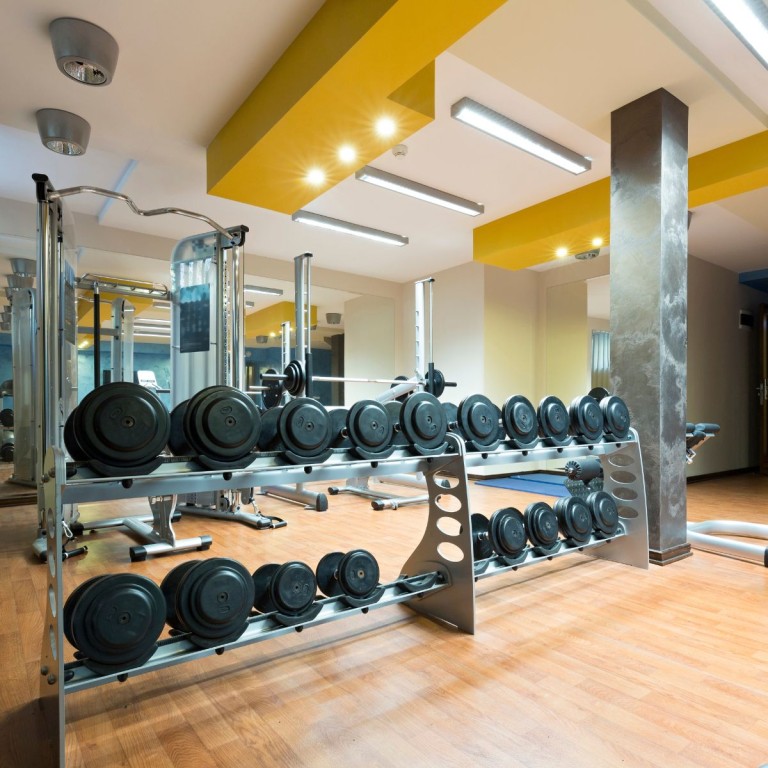
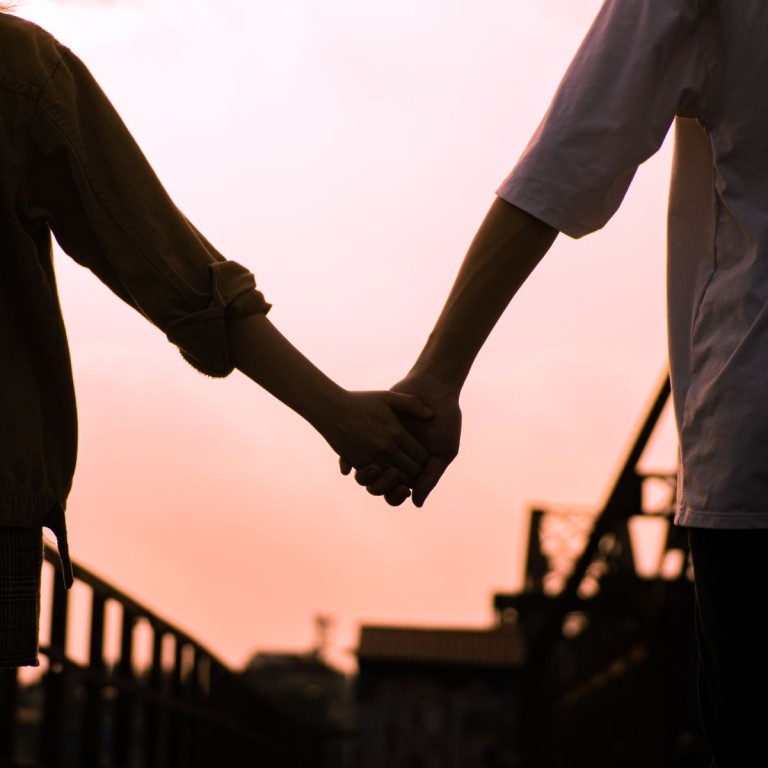
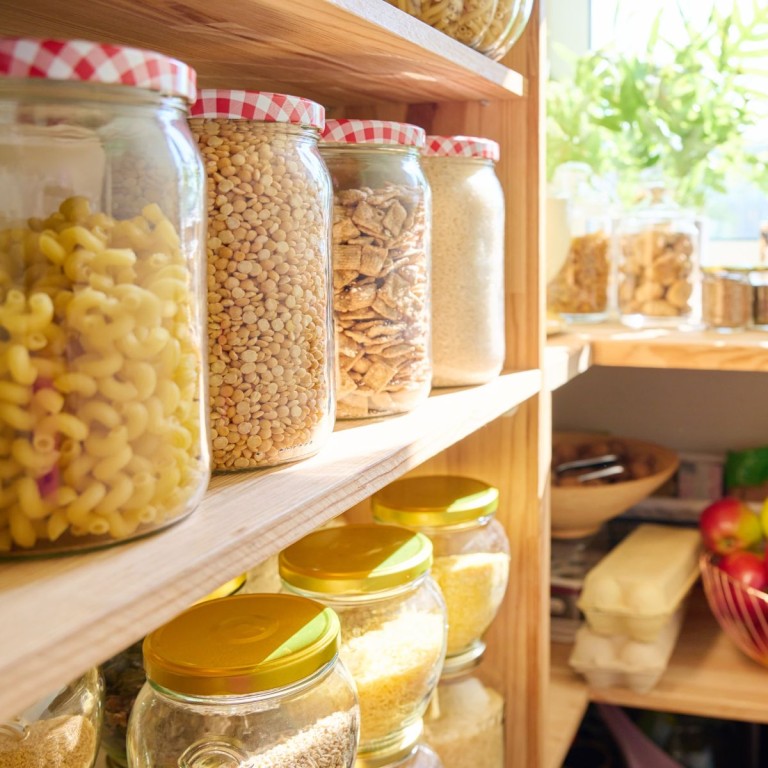
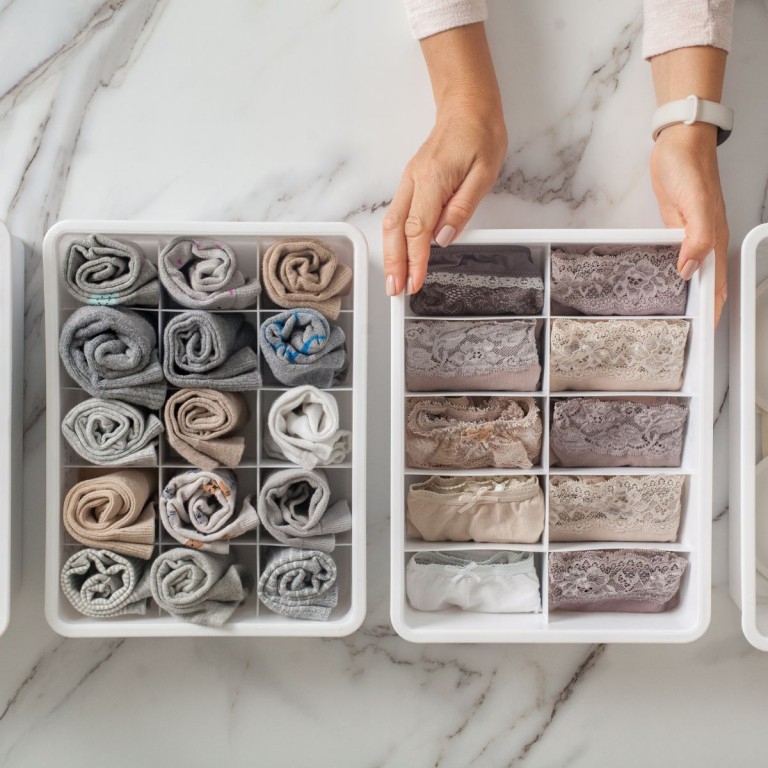
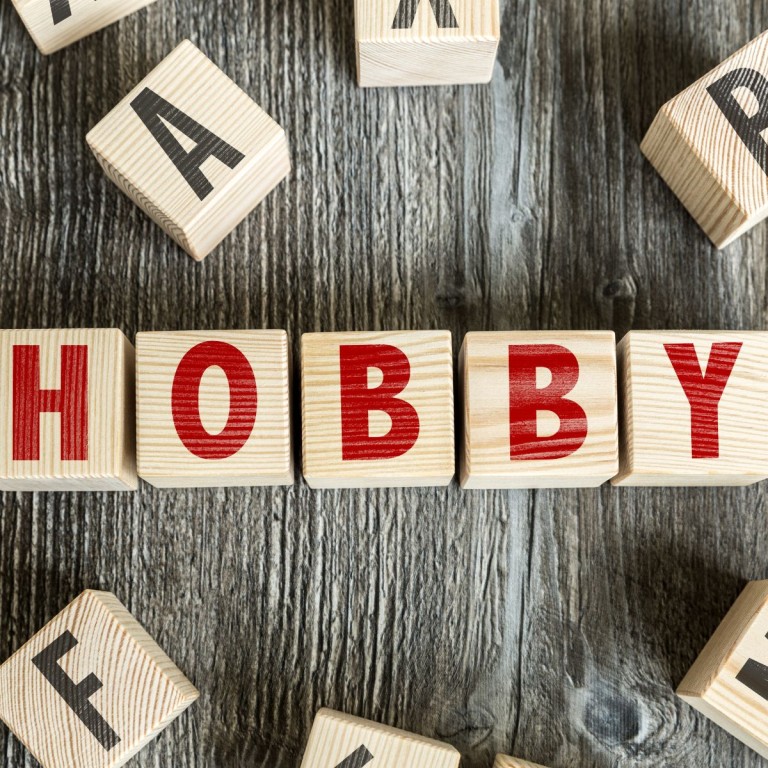
One Comment